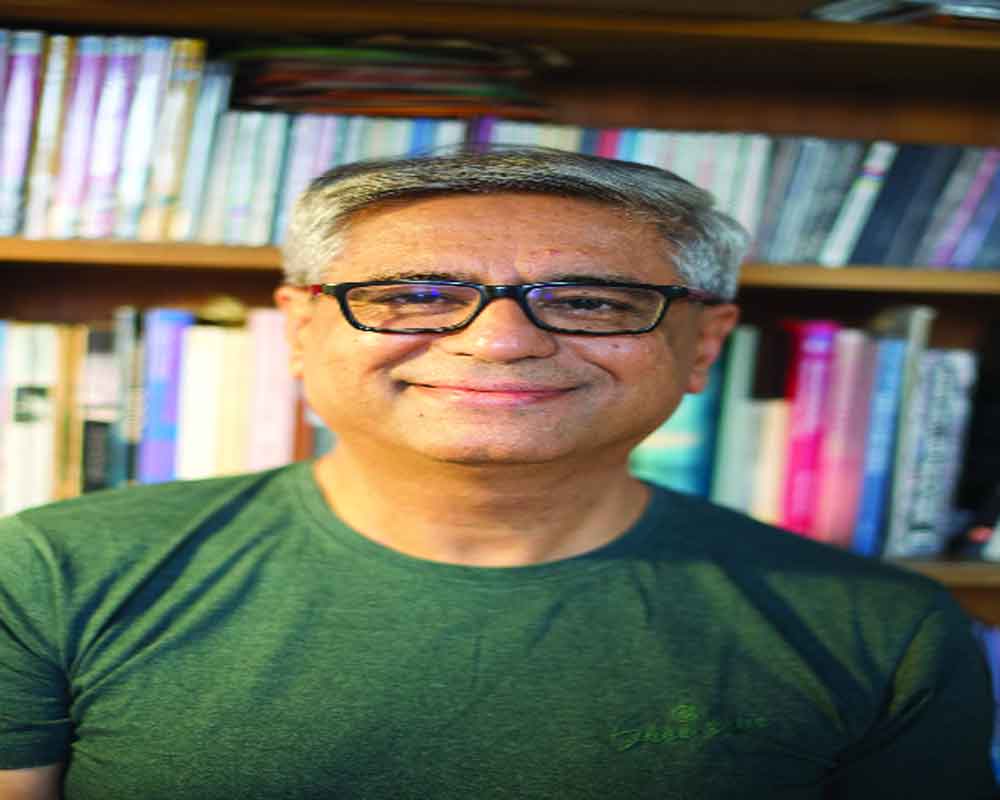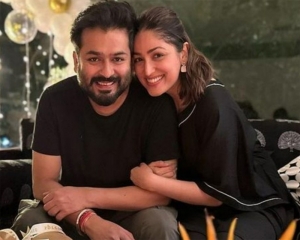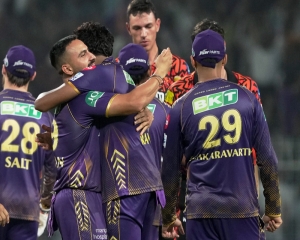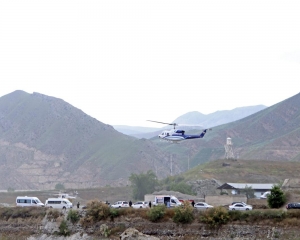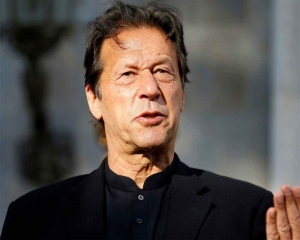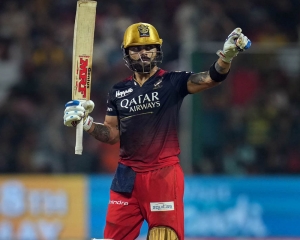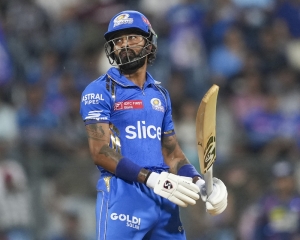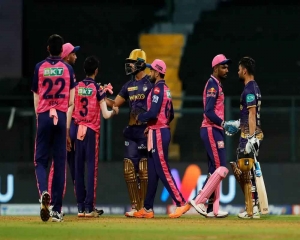Saimi Sattar caught up with director, actor, playwright and writer Mahesh — as his teleplay Hasmukh Saab ki Wasihat airs — to talk about theatre and more
Director, actor, playwright and writer Mahesh Dattani began his career as a copywriter in an advertising firm. He started acting on the stage with Bangalore Little Theatre, where his first role was in Utpal Dutt's Surya Shikhar.
He further diversified into writing after reading Edward Albee’s play Who’s Afraid of Virginia Woolf? In 1986, Dattani wrote his first full-length play, Where There’s a Will and it is this play, translated in Hindi as Hasmukh Saab ki Wasihat, which will be screened on Zee Theatre today as a teleplay.
Among his other accomplishments, Dattani is also a film director. His debut film is Mango Souffle, adapted from one of his plays. He also wrote and directed the movie Morning Raaga.
He is the first playwright in English to be awarded the Sahitya Akademi award who has written plays such as Final Solutions, Dance Like a Man, Bravely Fought the Queen, On a Muggy Night in Mumbai, Tara, Thirty Days in September and The Big Fat City. His plays have been directed by eminent directors like Arvind Gaur, Alyque Padamsee and Lillete Dubey.
Extracts from an interview:
A teleplay and the one performed in the theatre... What are the points of convergence and divergence?
They are completely different art forms. With this kind of theatre-on-film that we have created, it is a hybrid of sorts. With theatre, the atmosphere and vibrations of the performance are palpable. In digitised plays, these may not be as palpable but there is a certain aesthetic accomplishment (as with all cinema and most television) that one hopes to achieve. Whether we succeed or not is left for viewers to tell us. I feel there should be a more interactive platform with their telecast so that we learn more about what is coming through. So, the point of convergence is really the story and there is a divergence on how that story is received.
Your plays have often touched upon social issues. Can performing art change society's narrative? And how?
I am not sure whether social narrative can change by theatre alone. But it definitely is a point of departure. As more stories are told through multiple perspectives, the idea that there is only a single story to follow will be challenged. That is the power of all storytelling. It offers multiple perspectives to a society that sometimes leans towards a unidimensional viewpoint. Theatre definitely plays a significant role.
The pandemic has affected all the performing arts. How will these go forward given that a third wave is starting?
I believe the pandemic is going to change art forms forever. This is most visible in performance art where we rely so much on a physical space to come together. Sports will also undergo a change. Even in this short period, one can see the changes. For instance, I did an in-person play this month in the USA. In response to the advertising, one person asked me on Facebook for a link to the play! The good thing about digital work is that remote audiences get a chance to experience it as well. The elite quality that urban theatre holds will, hopefully, be a thing of the past.
What makes you pick up any topic? How did you zero down on Hasmukh Saab ki Wasihat?
Where There's a Will (translated to Hasmukh Saab ki Wasihat) was the very first play I wrote in 1988! A lot of the plot is imaginary but the idea came to me from my relationship with my dad. I even stole some of his in-house jokes. He had a great sense of humour and was my first fan.
English theatre as opposed to the one performed on vernaculars... Advantages and disadvantages?
Language is always seen as a limitation in theatre. I see it more as a definition. I am always proud when my plays are performed in other languages. As far as I see, it is all advantageous. You reach a different audience. In my opinion, all language is vernacular when a popular idiom is employed. All languages become undialectical when proper and cultivated. So, whether it is cultivated English or Sanskritised Hindi or chaste Urdu, they are all non-vernacular.
What are the changes that you've witnessed in theatre since you started?
I love the way the hierarchy in the theatre has crumbled (at least in pockets). Earlier, the director was the auteur and it was his way (usually male) or the highway. Now there is greater creative equity with actors, scenographers, dramaturges contributing significantly to authorship and creative interpretation. Post-pandemic, creative equity has expanded to include technicians such as editors, sound designers, graphic artists and more.
Has it become the stepping stone for people who want to act in films?
To some people it is, but the clever ones take theatre seriously enough to treat the art as more than a stepping stone. As a result, they learn the craft of performance. Once they do, it is extremely likely they will be offered film jobs without even trying.
With corporates coming in to sponsor plays and festivals, would you say theatre has become a more viable means of livelihood?
Theatre has always relied on patrons. Without patrons, it is impossible to do theatre anywhere in the world.
Future projects?
I do want to focus on my writing for now. I do have my new play Snapshots of a Fervid Sunrise which only had four shows before the lockdown in 2020. Once the situation improves, I hope to revive it.













